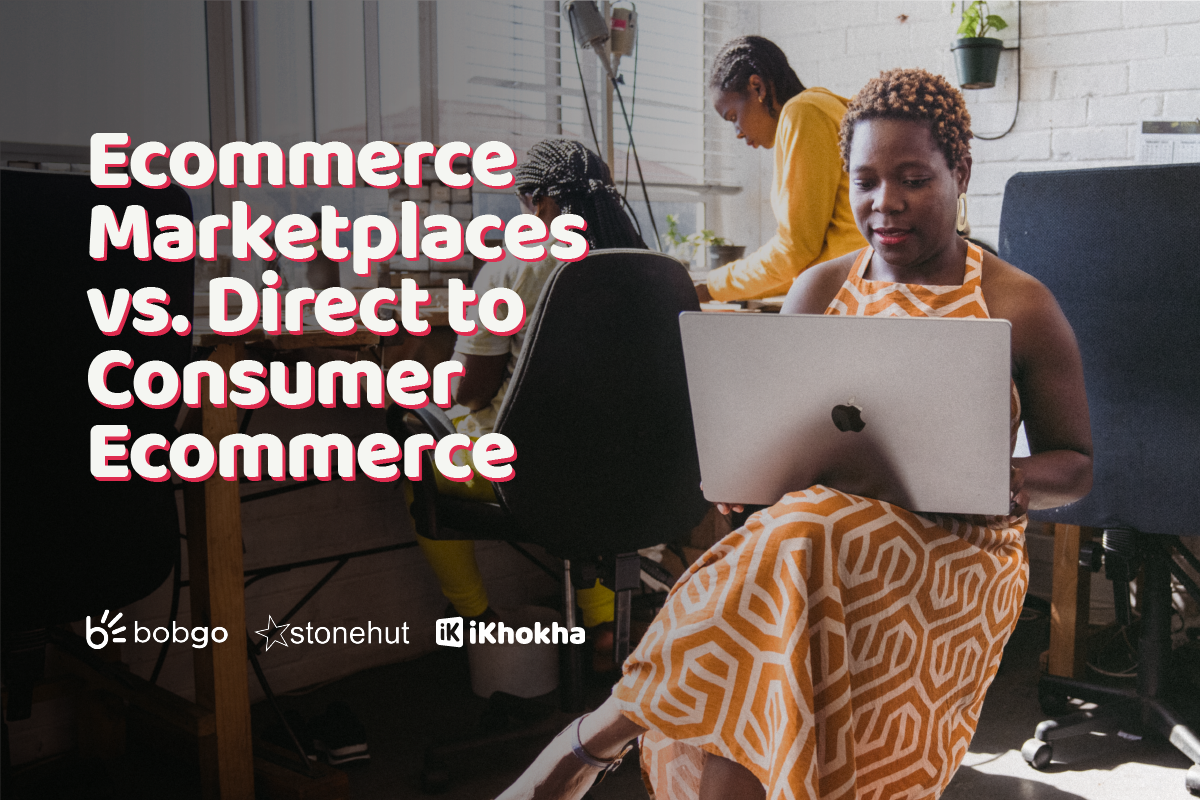Budding entrepreneurs are often advised that if they find a job they love, they’ll never have to work a day in their lives. While that may not be strictly true, it’s clear that passion is a real growth driver for small businesses.
As with many other startups, the idea for Seeds for Africa came from an entrepreneur trying to solve a problem that they themselves had encountered. In this case, lifelong plant lover Grant Muller had been looking for some very specific seeds for his garden, and was amazed to learn how much they cost.
Digging deeper, he discovered that these same seeds were available overseas, and were affordable enough that he could buy them in bulk and then resell them in South Africa at a healthy margin.
A unique opportunity
The pandemic of course provided a major boost to ecommerce in South Africa, and saw online shopping become entrenched as part of daily life for many South Africans.
Another impact of lockdown was people becoming more aware of the need to live sustainably and be more independent. Combined with a desire to be healthier, and control what they eat, this has created a growing demand for fruit and vegetable seeds.
Grant points out that the 12-year history of Seeds for Africa mirrors a period of incredible change in the South African ecommerce landscape:
“We’ve seen significant migration from PCs to mobile devices as the main shopping tool, and also the empowerment of consumers,” explains Grant. “More choice means that online shoppers can be more discerning, and they tend to have much higher expectations in terms of packing and presentation, shipping updates, and flexible returns policies,” he adds.
Seeds for Africa has leaned into the quality of the buyer experience, and has established a number of non-negotiables (such as same-day dispatch for orders received before 2pm, and a 14-day no-quibble returns period) that have helped the company build trust with its customers.
If anything, Grant concedes that the company possibly over-communicates with buyers, especially in those instances where expectations may be, perhaps, a little unrealistic.
Growth factors
As customer demand increased, Seeds for Africa was able to evolve their business model and pivot towards selling not just seeds, but everything that customers need to grow them successfully.
In addition to offering a very wide range of hydroponic products, Grant realised early on that people are often shopping for expertise as well as seeds. As a result, the company now has a highly qualified team, including horticulturalists and fulfilment gurus.
“Being able to combine multiple Bob Group services has been a major success driver for us,” explains Grant. “Bob Sync allows us to keep track of our inventory across both our online selling channels (namely Bob Shop and our Shopify store), while Bob Go has eliminated all our fulfilment headaches.”
Seeds for Africa and Bob Go
Grant recalls that Seeds for Africa was one of uAfrica’s (now Bob Go) first customers, and he is an admirer of the approach to business taken by founder Andy Higgins. As such, he says it was a “no brainer” to sign up with Bob Go so that his company could benefit from faster fulfilment processing and the ability to choose the most reliable courier at the fairest rate.
Over time, Seeds for Africa has also worked out which couriers are strongest in which regions of South Africa, meaning that they can tailor their choices geographically as well as by cost. Keeping shipping rates lower directly translates into increased sales as the savings can be passed on. As Grant points out, “We are in the business of selling seeds and allied products, not in the business of profiting on shipping costs”.
A shared history of success
Seeds for Africa first started selling on bidorbuy (now Bob Shop) before they had their own website – in fact, they were the first bidorbuy seller to open a store on bidorbuy when this feature was launched. Bob Shop’s reputation for being a safe place to shop – backed by the buyer protection program – has been a factor in persuading many first-time buyers to overcome their reluctance to shop online.
Bob Shop’s nationwide reach is much greater than that of Seeds for Africa’s own website, and has helped increase their potential audience. In addition, uAfrica provided shipping solutions for Shopify stores, making it a natural choice for Seeds for Africa to streamline their shipping processes. By utilising Bob Go, they were able to efficiently manage their logistics and provide reliable shipping options for their customers.
Looking to the future
Grant plans to continue doing what has worked so well for the company so far, as well as introducing new products and opening additional physical stores as part of their hybrid ecommerce/bricks and mortar business model.
His track record means that he is well-placed to give advice to entrepreneurs looking to replicate the success of Seeds for Africa with their own online stores. Here are his top tips:
- Choose an online marketplace that doesn’t charge listing or setup fees – like Bob Shop.
- Find a niche – you cannot be everything to everyone.
- Stay in your lane – stick with the same category of products.
- Stock what you know and don’t start selling unrelated products.
Visit the Seeds for Africa store on Bob Shop.













